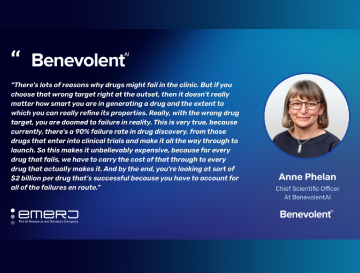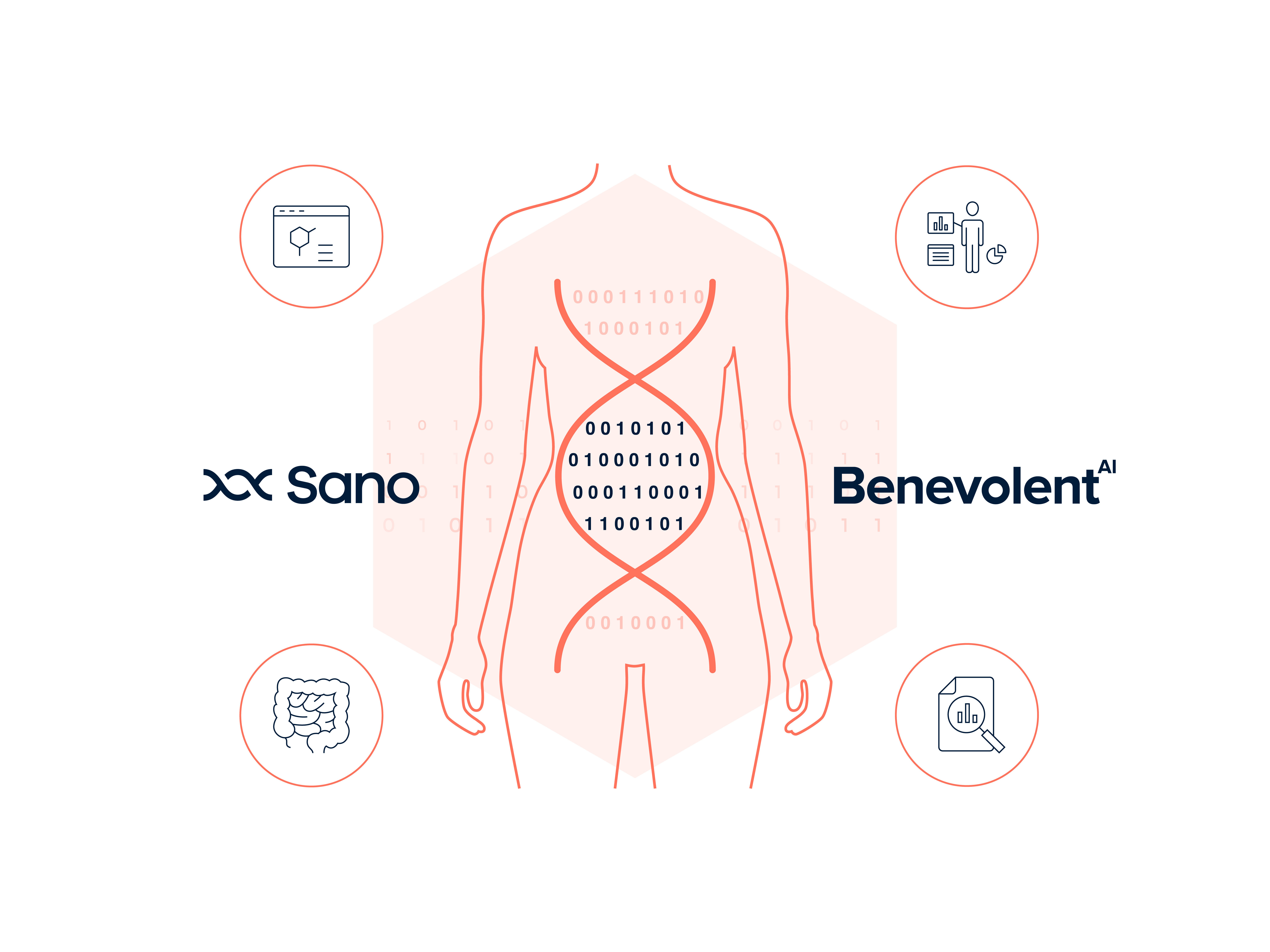The World Health Organization (WHO) has placed baricitinib, an approved rheumatoid arthritis drug first identified as a treatment by BenevolentAI, at the top of its live guideline of drugs to treat COVID-19.
On Thursday, a panel of WHO experts strongly recommended the janus kinase (JAK) inhibitor baricitinib, a drug owned by Eli Lilly, for patients with severe or critical COVID-19 in combination with corticosteroids.
BenevolentAI first identified baricitinib as a COVID-19 treatment candidate in January 2020 using its artificial intelligence (AI) platform. BenevolentAI was able to rapidly pinpoint baricitinib by using computational tools to augment scientific expertise and enable scientists to extract new insights from existing data. The work began by enhancing BenevolentAI’s biomedical knowledge graph — which includes public and licensed data from scientific literature, patents, genetics, chemistry, clinical trials and BenevolentAI’s proprietary data — with SARS-CoV-2 (or nCoV as it was known then) specific information using AI.
BenevolentAI retrieved 40,000 novel relationships from the data in the graph for its AI and machine learning (ML) tools to create mechanistic networks. BenevolentAI scientists then supplemented this with relevant biological context so that the network represented, at a molecular level, how SARS-CoV-2 enters and infects cells, as well as the potentially lethal inflammatory response, the so-called ‘cytokine storm’. Focusing on these aspects, the scientific team short-listed 40 drugs, finally identifying the Janus kinase (JAK) inhibitor baricitinib as the strongest candidate. They based the decision on its ability to inhibit both virus entry into cells and the “cytokine storm” responsible for much of the COVID-19 induced mortality. The whole process took just two days.
BenevolentAI’s team informed baricitinib’s owner, Eli Lilly, of its previously unknown antiviral properties. Subsequent observational tests of baricitinib in patients in the EU spurred the National Institute of Allergy and Infectious Diseases (NIAID) and Eli Lilly to conduct randomised clinical trials. Data from the first randomised clinical trial (ACTT-2) prompted the FDA to issue an Emergency Use Authorization for baricitinib in hospitalised COVID-19 patients in November 2020. Further analysis of the data from the second randomised clinical trial (COV-BARRIER) showed that the risk of dying from severe disease was reduced by 38%, an effect much greater than that seen with all other therapies.
In response to the updated WHO guidelines, Professor Vincent Marconi — Professor of Medicine and Global Health at the Emory School of Medicine and leader of the COV-BARRIER trial — commented: “The WHO guidelines reflect the best available evidence, derived from properly conducted multi-centre randomised-controlled phase 3 studies. As baricitinib is oral, inexpensive, has dose flexibility, a short half-life and lacks drug-drug interactions, it has also been made freely available upon request for low and middle income countries where access to vaccines and appropriate therapies has been difficult."
The WHO guidelines, published in the British Medical Journal, is a living document that has just been updated based on new evidence from seven trials involving over 4,000 patients with non-severe, severe, and critical COVID-19.
Back to blog post and videos




